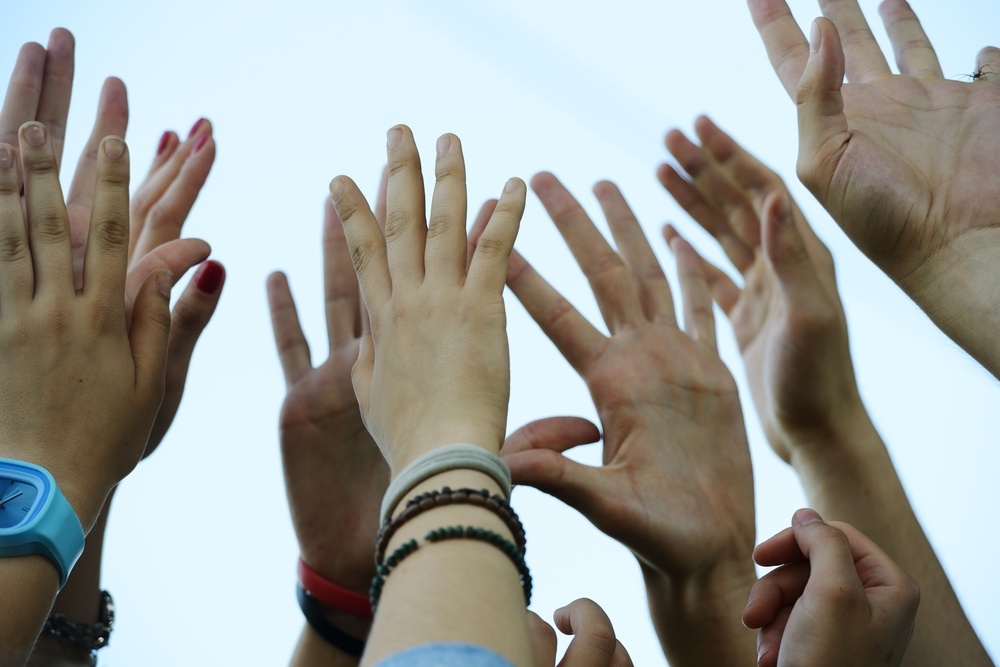5 Interesting Keys For Successful Dominican Diaspora Marketing

With the Latino demographic the coveted prize amongst marketers, there has been a lot of research and that has gone into developing best-practices on how to target the Hispanic Diaspora. However, no two Latinos are created equal and subscribing to one homogeneous strategy while effective has proved to yield often inefficient results. By using a more granular approach and targeting migrants from specific countries and the degree of generational removal, marketers will see the highest return on their spend.
While Americans in recent years have become more familiar with The Dominican Republic via their athletes and affordable vacation destinations, many are less so familiar with its Diaspora and the unique attributes that make it attractive for would-be marketers. Here are five interesting factors to consider in your Dominican Disapora marketing campaign.
Inturrupt the Dominican Super-Commute
The Dominican-American is one that, more than its fellow Latino counterparts has a passion for American culture and pursue full assimilation. While such metrics are hard to accurately quantify and in essence irresponsible in their generalization, The Dominican migrant experience is an interesting one to study.
Due to affordability of flights and ease of travel, Dominicans often return home in the cold weather months seeking refuge in the warm sun to spend the winter and holidays with family and friends. Until recent restrictions imposed by the current administration, Dominican Americans moved between the US and DR with relative frequency. Many seek dual residence, owning homes or businesses in the Dominican Republic but living in enclaves like Washington Heights in New York. Given this almost international super-commute, by the second generation, Dominican Americans can be culturally fluent with both heritages.
Influence the Dominican Matriarch
The role of the woman cannot be understated in the Dominican household. While the Dominican societal norms are male dominant, the home is ruled with an iron fist by the matriarch. In fact, not unlike many Spanish-influenced countries, the mother’s last name (apellido) is often carried proudly on to future generations, not just that of the father. There are many historical references for why this is the case that I won’t get into here. However, for the marketer targeting the diaspora it’s important to understand the matriarch’s role as a conduit to consumption for the entire family. While many decisions are undoubtedly made by the male, woman physically make the buying choices within the household. With regard to products and services targeting men, the smart marketer will account for the female variable.
Understand How Hair Plays a Factor
The Dominican female beauty experience can almost best be described by their relationship with hair and the salons that style them. according to the Institute for Cultural Diplomacy, the Dominican Republic ranks fifth among countries with the largest black population outside Africa, yet Afro-textured hair is unapologetically frowned upon and called “pelo malo”, or bad hair. Right or wrong, this has made the practice of hair straightening in the Diaspora huge business. Trained and untrained stylists have made it their mission to rid their communities, like African Americans, and those with similar course texture and patterns, of their curls. While controversial, Dominicans have cornered the ethnic hair care grooming market, entrusted by women of color from celebrities to the girl next door. Their silky blowouts and straightening treatments are legendary and offer opportunities for the creative marketer to capitalize.
Complexion Is Key
Those with knowledge of the Highbrid philosophy understand that each demographic group is mutually exclusive of one other. This cannot be highlighted any better than in the Dominican Diaspora. A 1999 Washington Post article described then, high school student, Mendoza as “at once very black but not quite black enough for many African Americans, very Latino but not light enough to matter to most Hispanics, American in every way but at the same time inexorably foreign.” This depiction encapsulates so much of what it means to be Dominican-American. While clearly not all Dominicans are of dark complexion, it highlights the racial purgatory many Dominican-Americans find themselves in. Their decidedly more Afrocentric roots have made Dominicans the subject of frequent discrimination by fairer skinned Puerto-Rican and Cuban counterparts. Unfortunately, this complexion disdain has been passed on to their Caribbean neighbors to the West as the Haitian people and subsequently its diaspora has been the subject of well documented aggressions.
This is important for marketers to keep in mind. Skin complexion is a key component to be considered in all aspects. It carries the same currency as socio-economic status does in the American general marketplace. While this may seem like a foreign concept, it’s worth researching how its impact can potentially affect your marketing strategy and outcomes.
Baseball Is Religion
While baseball is dubbed “Americas Past-time” it has given way to Football as its most popular sport and some might argue, basketball has moved into second place. Seen as “our father’s” sport, baseball has been criticized for its slow pace, lack of a clock and for being too cerebral. Amongst the Dominican diaspora however, baseball isn’t just number one, its religion. From as early as boys can walk they’re introduced to the game with the hopes of one day immigrating to the United States to play in the big leagues. This season, according to NPR of the 800 major leaguers on opening day rosters, 83 or just over 10% were from DR. The 2008 movie “Sugar,” depicts this relationship and instrumental the business of baseball is in the Dominican Republic and to the Diaspora. Smart Dominican Diaspora marketing understands this symbiotic relationship between the sport and the people leverages it to provide added value to the demographic.
While only 1,000 miles off the coast of Florida, there are just as many similarities in Dominican culture as there are differences. While the Dominican migrant craves the American culture and trends toward U.S. assimilation, it’s important for the savvy multicultural marketer to take a more nuanced approach devoid of assumptions and well-informed of marketplace.
Share this
You May Also Like
These Related Stories

3 Winning Diaspora Marketing Tactics That Combat Immigration Reform

7 Multicultural Marketing Terms Every Marketer Must Know



